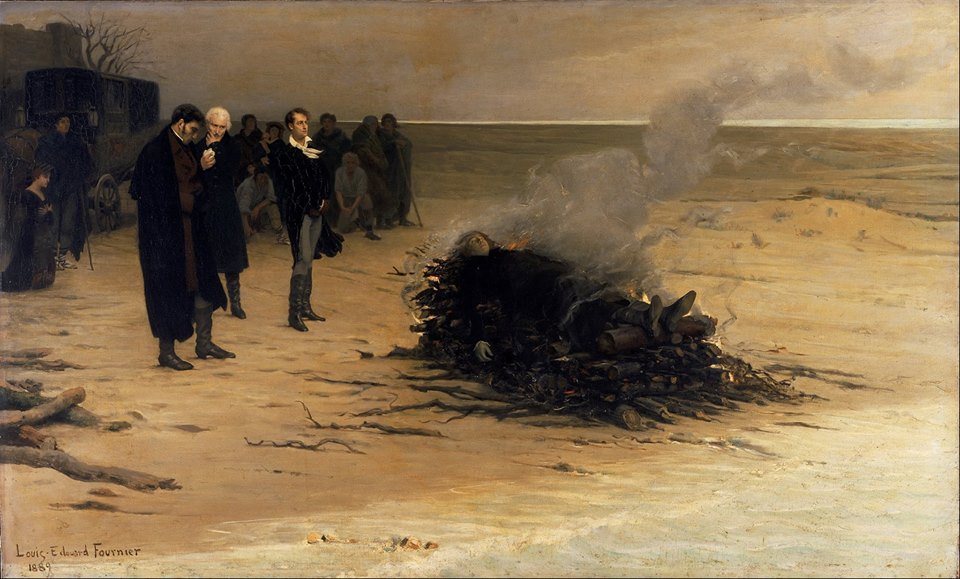
It seems fair to call Shelley an atheist. He did not believe in God. In 1811, while a student at University College, Oxford, he published a pamphlet titled The Necessity of Atheism*, signing it ‘An Atheist’. When the university authorities became aware of the publication, they burned any copies they could find, and expelled the wayward student. Later, during the dark summer of 1816, Shelley was travelling with his wife, Mary Wollstonecraft Shelley (author of Frankenstein), and Lord Byron. Shelley developed a habit of signing hotel registers in deliberately provocative style. On the 23rd of July, at the Hôtel de Londres in Chamonix, the poet declared himself, in Greek, a ‘lover of humanity’, ‘democrat’, and ‘atheist’. These inscriptions were mostly removed, some crossed out by Byron himself.
But if Shelley called himself an ‘atheist’, what did he mean by the word? The Oxford English Dictionary gives the primary sense as ‘One who denies or disbelieves the existence of a God’. This definition is non-denominational – ‘the existence of a God’ could refer to any deity, active or passive, benign or malevolent. In Shelley’s context, ‘atheist’ would apply specifically to the Christian God. It would also have a strong pejorative implication – the atheist is a godless person and thus not bound by God’s commandments. He or she is not someone to trust in any given ‘thou shalt not’ situation. The OED definition also includes a choice – atheism can be denial or disbelief. The two words are not easily disentangled, but this is not a casual tautology. ‘Disbelief’ is defined as ‘The action or an act of disbelieving; mental rejection of a statement or assertion; positive unbelief’. To positively disbelieve something we must simultaneously believe something else (positively) that contradicts the initial proposition. I do not believe in (an immaterial) God because I believe that the universe consists purely of material and physical matter. This makes you an atheist, but also a dogmatist (a materialist); you may thus be required to account for your (materialist) beliefs, which in the early nineteenth century involved a very different discourse to that of twenty-first-century science. As a young man, Shelley was influenced in this regard by the French Enlightenment atheist and materialist Baron d’Holbach.
The alternative is ‘negative unbelief’, plain or flat denial. I do not believe in God and that is the end of the matter. This has become a common version of atheism, although for Shelley such a position would hold little interest. It is giving up halfway through, disbelieving something without formulating an alternative. The intellectually respectable variation of negative unbelief is philosophical scepticism, a tradition of thought that can be traced back to classical Greece, and that played an important role in Shelley’s development as a thinker and poet. The sceptic does not deny the existence of God and is thus not an atheist in a strict sense. She simply refuses to believe because she is not persuaded by the evidence. ‘I deny nothing, but doubt everything’, as Byron wrote in Don Juan.
This is broadly the position taken in Shelley’s Necessity of Atheism, which, far from being a firebrand rant, is a perfectly reasonable and balanced statement that draws from well-established philosophical arguments (notably Locke and Hume). The most provocative thing about the work is its title, which, Shelley knew, would be taken as an attack on the established Church. After discussing the nature of belief, the author of the pamphlet analyses the different kinds of evidence that can be used to argue for the existence of a God. He gives three types, the most compelling being the evidence derived from the senses, actual experience of the deity: ‘Those to whom the Deity has […] appeared have the strongest possible conviction of his existence’. Most of us, of course, cannot draw on evidence of this nature. The second kind of evidence is that provided by reason. But God, it is widely held, exists beyond the limit of human reason, and the numerous (and conflicting) attempts to rationalise belief do not command assent. The third, and weakest, form of evidence is testimony – accounts of others’ religious experiences. Here Shelley repeats Hume’s famous argument against miracles, that it is more likely for people to lie or be deceived than to have a genuine supernatural experience. From this analysis Shelley concludes that ‘it is evident that having no proofs from any of the three sources of conviction, the mind cannot believe the existence of a God’. He might have inserted ‘rationally’ or ‘reasonably’ before ‘believe’. Shelley does not deny the existence of a God, he simply withholds belief on the basis that the available evidence is not compelling. Inevitably, such a position was not acceptable – Oxford was still a training institute for clerics – but it remains a plausible and sensible response to the problems of belief. ‘Atheism’, in Shelley’s notorious pamphlet, means nothing more, and nothing less, than this.
For all its biographical infamy, the Necessity of Atheism could not be called a trailblazing work of philosophy. The sceptical arguments on which it is based were well established and had a long counter-radical history. Ancient sceptics used them to disengage the mind from controversy, to achieve tranquillity (ataraxia) in the face of contending metaphysical systems. During the Reformation, the same arguments were adapted by Catholic intellectuals, including Erasmus and Montaigne, to oppose Protestant innovation. If certainty in matters of religion is impossible, they argued, then we might as well stick with what we have (Catholicism). Scepticism of this tenor, while a strong influence on Shelley, could never satisfy his questing, radically innovative temperament. Shelley wanted answers, and scepticism does not provide them. It is an attitude rather than a position.
Although Shelley remained an atheist in the broadest sense, the label does little justice to the originality of his mature thought. Tracing the complex web of influences out of which this thought developed has occupied scholars over thousands of pages and is beyond my current remit. But I will try to give a sense of Shelley’s answers with reference to one particularly important influence, George Berkeley, Bishop of Cloyne (1685-1753). Berkeley was a brilliant writer and intellectual who attempted to reconcile contemporary philosophy – the empiricism that led Hume to scepticism – with a necessary belief in the Christian God. Shelley was Berkeley’s ideal reader, a young philosopher who (as Berkeley put it in the Preface to his A Treatise Concerning the Principles of Human Knowledge (1710)) has become ‘tainted with Scepticism, or want[s] a demonstration of the existence and immateriality of God, or the natural immortality of the soul’.
To this end, Berkeley gave a twist to Locke’s key proposition that all knowledge is based on experience derived from the senses. We have no direct experience, Berkeley pointed out, of what we habitually think of as an external world. When we talk about a chair, we are referring not to a thing that exists outside our minds, but to a set of sense impressions – the chair’s colour, shape, texture, and so on. We can infer that something is causing these impressions, but we can have no certain knowledge of what that something is. The assumption that the impressions are caused by a material realm of entities that exist independently of their being perceived was, for Berkeley, a metaphysical fantasy. We can only conceive of things, he pointed out, in terms of their sensible qualities – try imagining a chair as anything other than a composite of sense impressions – so on what basis can I credibly claim that the chair has any existence independent of my perceptions of it? This impasse, which Locke attempted to get past with his awkward distinction between primary and secondary qualities, led Berkeley to his brilliant central contention, that to exist is to be perceived (esse est percipi). This is a form of idealism, and had a profound effect on Shelley.
Berkeley’s theory comes with some notorious problems. His brand of idealism appears especially vulnerable to the spectre of solipsism, the problem of how we prove, in philosophically valid ways, that other minds exist. If existence means being perceived, then are other people not just bundles of ideas perceived by my mind? There is also the problem of continuous existence. If a chair exists only as the perceptions of a given perceiver, does it cease to exist when its only perceiver leaves the room? Berkeley believed that there were other perceivers and that things do have continuous existence (they are continuously perceived) outside any given human mind because there is a universal, continuous perceiver – and that is God.
Shelley accepted all of this except the last bit, the positing of a necessary and active (Christian) deity. He proposed, instead, what we might roughly call a godless idealism. In his essay ‘On Life’ (1819), he writes that
‘The view of life presented by the most refined deductions of the intellectual philosophy [idealism], is that of unity. Nothing exists but as it is perceived. The difference is merely nominal between those two classes of thought, which are vulgarly distinguished by the names of ideas and of external objects. Pursuing the same thread of reasoning, the existence of distinct individual minds, similar to that which is employed in now questioning its own nature, is likewise found to be a delusion. The words I, YOU, THEY, are not signs of any actual difference subsisting between the assemblage of thoughts thus indicated, but are merely marks employed to denote the different modifications of the one mind.’
The first three sentences recapitulate Berkeley, but in Shelley’s provocative and probing style. It may be commonsensical to believe that external objects cause our sense impressions, but such an explanation is philosophically inadequate. The existence of things cannot be severed from the fact of their being perceived. This foundation, which Shelley takes to be solid, is pursued – as we might expect from a poet – in the direction of linguistic enquiry and critique. Our words and habits of expression, it is suggested, are storehouses of error. More specifically, language is prejudiced against idealism; it assumes – it uncritically talks about – discrete, material bodies and, unless used with great care and precision, will raise philosophical fantasies that fail to grasp the truth. Pronouns – always contentious – are a notable instance: the words ‘I’ and ‘you’ do not signify any ‘actual difference’ in the world as it really exists, Shelley proposes. Existence is simply ‘an assemblage of thoughts’ – or, as Shelley also terms it, ‘the one mind’. He strips out God from Berkeley and this is the closest he gets to filling the void.
What Shelley means by ‘the one mind’ is another question. It is left enigmatic, although some have argued that the phrase is intended to signify a quasi-mystical entity. The ‘one mind’ is an alternative to God and exists in the way that God is taken to exist. What seems more likely, however, is that Shelley is varying his description of the extraordinary conception of existence to which his thinking has led him. His words come close to positing something that is not really there. Such moments are inevitable, as Shelley recognised, while we are bound to use a language that comes freighted with error and which seems determined to substantiate non-entities.
Philosophy, for Shelley, was an extraordinary pursuit because it allowed the mind to conceive the wondrous reality of existence. But poetry, he came to believe, is more extraordinary still. Language, in its habitual uses, is obfuscatory: its mendacious repetitions damp down our perceptions of the truth. It forms a veil (a favourite Shelleyan figure) between the mind and life. But Shelley also knew that language is not bound to the drudgery of establishment use. It has huge creative potential. Through the words of the poet, the veil can be painted with lovely colours, or perhaps even ripped aside entirely. Shelley thought Christ a poet in the fullest sense, but he hated the Christian God because His fabrication has been turned by men to the purposes of oppression. But Shelley’s disbelief – inextricable from his disapproval – in God does not imply a dreary void. As conveyed through his poems, for him, existence is an obscured wonder, a ground-zero rapture that is both beyond, and within, words.
*Link is to the edition published by G.W. Foote & Co (publishers of the Freethinker), available on Amazon. The company earns a small referral fee if you purchase via this link.


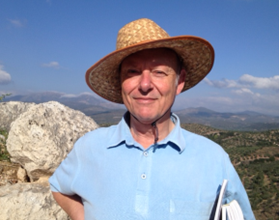

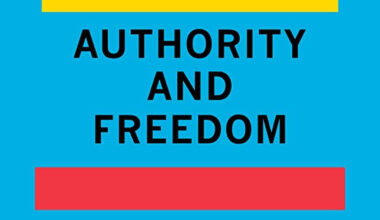
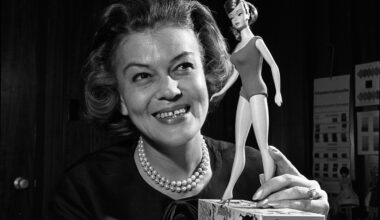
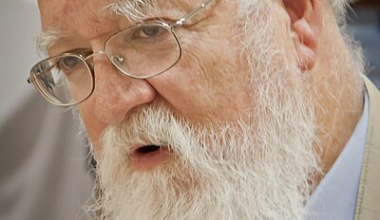
Your email address will not be published. Comments are subject to our Community Guidelines. Required fields are marked *
Donate